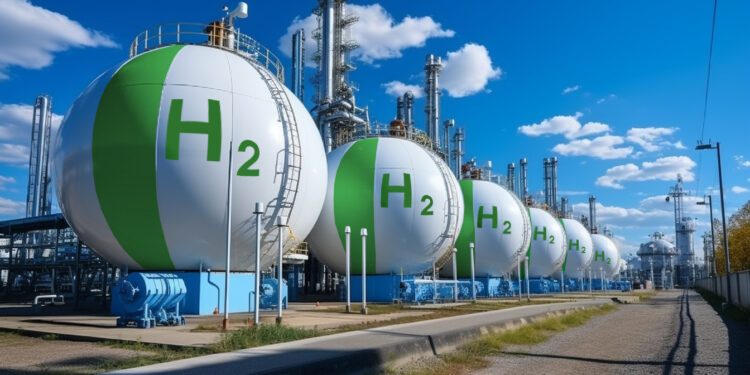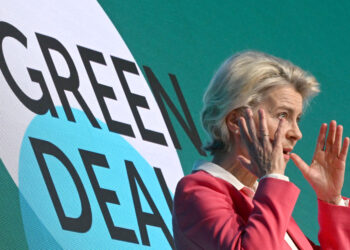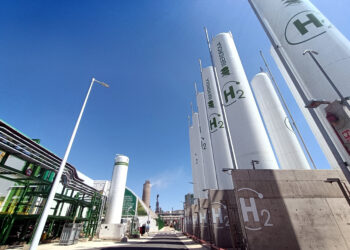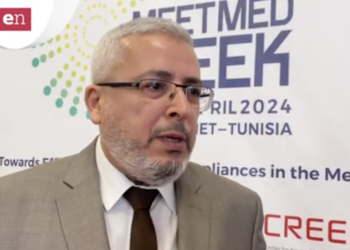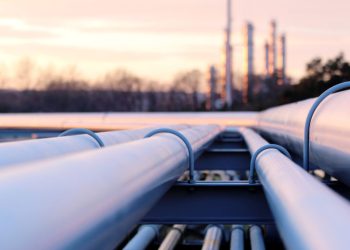Brussels – The paradigm shift has not been easy and will continue to be unpredictable, but as progress on biomethane and hydrogen demonstrates, the EU, eager to break free from old logic, old models, and old dependencies, is moving at a brisk pace toward those goals forced by the ending European legislature and a changed international context. Kadri Simson, Energy Commissioner, tries to take stock of the five years of the von der Leyen Commission on the energy revolution. She chooses the audience of the annual Eurogas conference dedicated to renewable gas to draw conclusions from what she sees as a positive result
“Where are we now compared to five years ago?” Simson asks and wonders. “We have removed barriers and accelerated industrial developments and investments in biomethane.“In addition, “we now have an industrial partnership on biomethane for policymakers, industry, and other stakeholders.” This is, she stresses, “an important forum that will ensure that we not only meet our biomethane target for 2030” but will also “create the right conditions to further develop its potential for 2050.” If that were not enough to understand what has been achieved, here is the commissioner providing more data: “If we look specifically at biomethane, we see that its production in the EU has more than doubled between 2018 and 2022 to 3.4 billion cubic meters.”
With regard to hydrogen, compared to the beginning of the mandate, “we now have an almost complete legal framework for the European economy and a clear direction of travel for industry and business.” That “almost” is, however, about to be eliminated. There is very, very little to go, Simson assures. “This year, we will present the rules for calculating greenhouse gas emission savings on low-carbon hydrogen, and with that, the framework will be fully operational.” Not forgetting the European hydrogen bank, which launched in September 2022 and is already an established reality. After the first €800 million auction, “we are now preparing the second EU-wide action that will be launched by the end of the year with a budget of €1.2 billion,” Simson anticipates, who takes the opportunity to mention how the winners of the first auction plan to produce 1.58 million tons of renewable hydrogen in ten years, thus reducing CO2 emissions by 10 million tons.
Regarding hydrogen, the European Commission “in a short timeframe” has concluded memoranda of understanding with Japan, Kazakhstan, Egypt, Namibia, Ukraine, and Uruguay— another achievement that Simson claims. However, the list is being updated because another protocol is being negotiated with Saudi Arabia, which, she ventures, should be closed “soon.” Simson’s assessment is quickly made: “We have done everything we set out to do and, in doing so, we have positioned Europe as a leader in the transition to renewable gas.”
English version by the Translation Service of Withub
